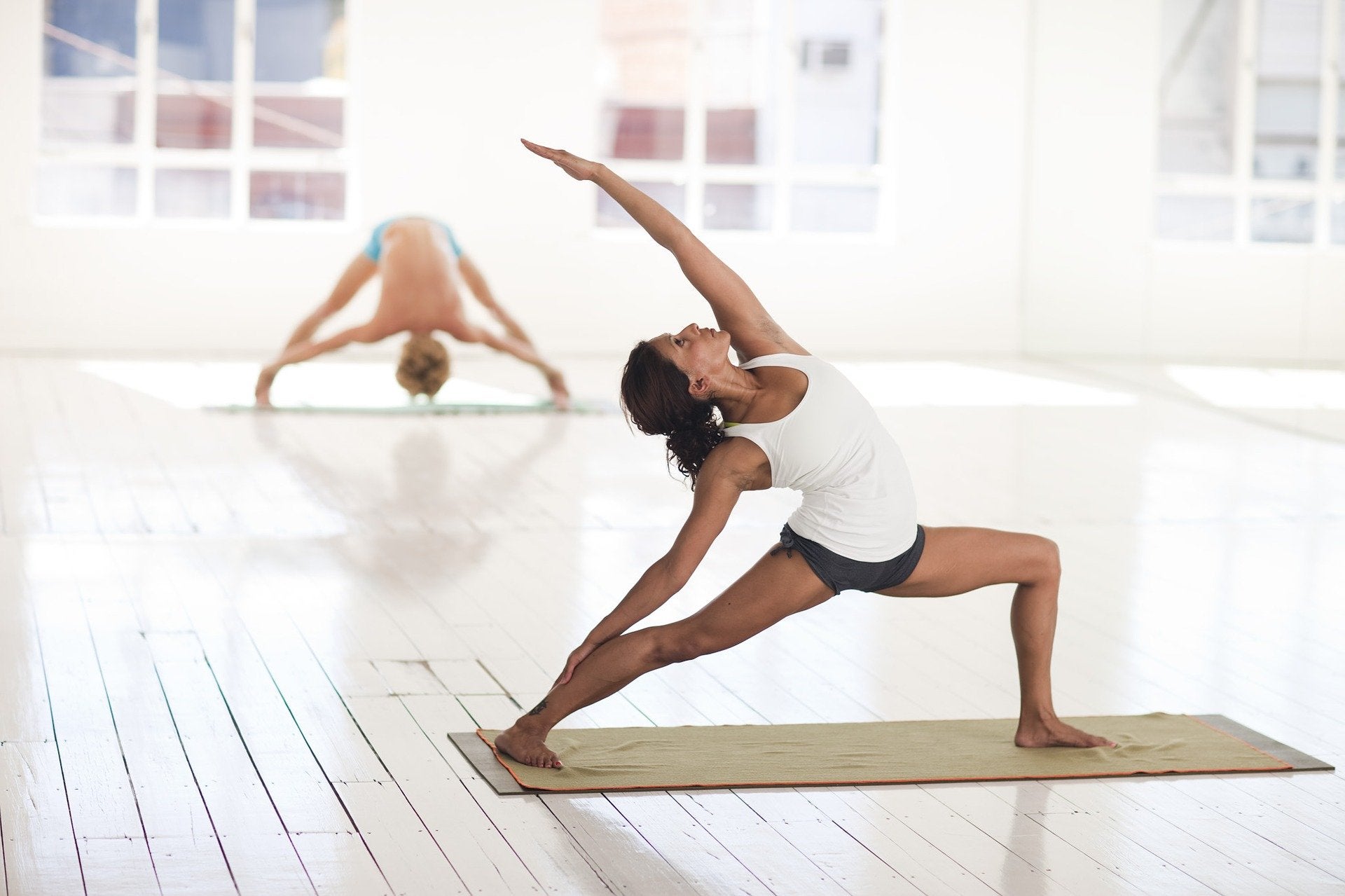The importance of movement
Published 4:14 pm Monday, June 7, 2021
|
Getting your Trinity Audio player ready...
|
By Erin Smith
“Movement is joy and movement isn’t just about weight loss.”
~Kelly McGonigal, PhD
In 2019, I attended a women’s business conference where I took classes in integrated marketing and ways to promote a small business in a digital world. I still get emails from many of the groups that were specific to drumming up business for “boutique fitness studios.”
The most recent missive was titled Hot Girl Summer (after the Megan Thee Stallion song that is currently inspiring women to work on their post-quarantine “revenge bodies”). When I clicked to open, the header screamed, “What do we want? HOT! When do we want it? NOW!” This inane headline was followed by recently released statistics from the American Psychological Association stating that 61% of Americans gained pandemic weight. 2 in 5 of those people gained 29 pounds last year.
The email went on to discuss how movement studios could profit from these fat-phobic statistics by offering short-term programs that focused on quick weight loss. The basic offering has a client register for an “exclusive” program that lasts six or eight weeks. The client pays a special price to take the same group classes your studio already offers. Their special pricing entitles them to have their “measurements’’ taken, where the client either weighs-in and/or has the circumference of their limbs and waist measured (so that they can more easily see results). They are offered online coaching, often in the form of a private Facebook page that might include inspirational weight loss memes and calorie-restricted diets. Ahem, I mean weekly meal plans. It’s a racket and one that financially benefits gyms and studios greatly.
Here’s what bothers me about that email. I am all for directing traffic to my studio; feet on the mats pays my mortgage. But I refuse to shame people there by preying on their insecurities about their shape or size.
Let’s remember that those statistics were compiled by the APA. The American Psychological Association is concerned about these numbers because of what it reveals about our mental health, not the size of our bodies. Collective pandemic weight gain is a textbook indicator of a societal increase in depression and anxiety. 2020 stressed us out and eating was – and is – a completely normal coping mechanism. That study was concerned about how we feel, not how we look.
Most of us move to look good, but we should move to feel good. Our bodies were designed to walk and dance and jump and twirl. We have long known that we are happier, healthier, more whole humans when we move regularly.
And now science understands why. Scientists have very recently discovered that our muscles act like an endocrine organ and not just a motor organ. When we contract our muscles, chemicals called myokines are secreted into our bloodstream. Myokines kill cancer cells, reduce inflammation, control blood sugar, and help the body burn fat as fuel. This we have known for a long time.
What we’ve more recently discovered is how contracting muscles also work like fast-acting antidepressants. Myokines actually cross the blood-brain barrier to change the structure of our gray matter, helping us bounce back more quickly from stress, worry, and sadness. Because myokines help humans become more resilient, scientists have taken to calling these chemical hope molecules. So you move your body and your muscles release these chemicals. These hope molecules travel to your brain and make you happier, more motivated, and less reactive to all kinds of stressors.
Even better? It doesn’t matter how you move your body. You produce hope molecules when you swim or walk or lift weights or down dog or make love or mow the grass. Every movement has a protective effect on your brain. Current research suggests that we move for at least 30 minutes at least 5 times a week for the best brain boosting benefits.
Movement changes the way your body looks too, of course. But focusing on how we feel over how we look is a far healthier mindset over time. The joy of movement is available to all, regardless of age, ability, or body shape. Hope molecules mean our brains stay motivated to keep moving.
I don’t care how many calories you burned in class. But I’m wishing you buckets of hope molecules.




